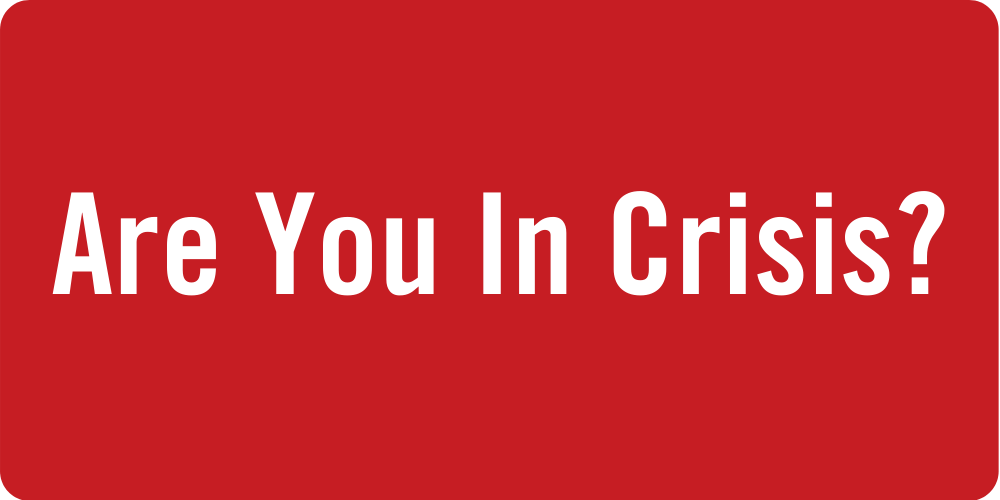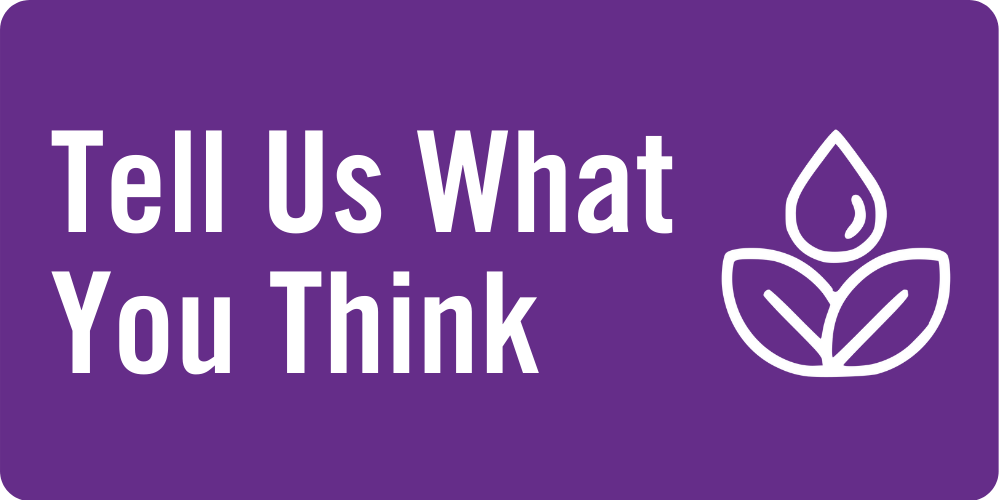Developing a Healthy Body Image
The pandemic has had its challenges- it has really thrown our routines and schedules for a loop. Developing or maintaining healthy habits is even more difficult during times of stress so it may have been or might still be a struggle to keep up with workouts and meal planning. Your body might have changed over the past few months and you might be looking at it (and yourself) more critically.
If you don’t like your body (or a part of your body), it’s hard to feel good about your whole self. Having a healthy body image is more than simply tolerating what you look like or “not disliking” yourself. It means that you truly accept and like the way you look right now and aren’t trying to change your body to fit the way you think you should look. It means you can find strengths that make you feel good about yourself that go beyond the number on a scale, and you can resist the pressure to compare yourself to the “perfect” body that you see online and in the media.
Turning off your negative thoughts does not happen overnight, but you can start to be more mindful of how you think about and treat yourself and your body. Try some of the following to get you started.
- Get into a routine. Adding structure throughout your day helps to create a sense of security and stability. Moreover, creating a routine and structure around mealtimes and exercise can help you to stay (or get back) on track.
- Shift your mindset. Keep in mind that food is fuel- don't use it as a reward or a punishment. The same goes for working out, try to remember that you are working out because you love your body, not because you hate it. Celebrate all the wonderful things that your body can do.
- Be aware of how you talk about your body with family and friends. Do you often seek reassurance or validation from others to feel good about yourself? Do you often focus only on physical appearances?
- Make a list. Start a running list of things you like about yourself—things that aren’t related to how much you weigh or what you look like. Read your list often. Add to it as you become aware of more things to like about yourself.
- Think about social media posts critically. Notice when a post or meme is reinforcing unhealthy beliefs. Check-in with yourself: How does this post make me feel? Do I feel better or worse after reading this? Actively limit your exposure to unhelpful social media accounts by unfollowing or blocking triggering or diet-related content. Follow some body-positive accounts like I WEIGH, Mik Zazon, orChristine LaRainee.
- Take a personal inventory. The next time you notice yourself having negative thoughts about your body and appearance, take a minute to think about what’s going on in your life. Are you feeling stressed out, anxious, or low? Are you facing challenges in other parts of your life? When negative thoughts come up, think about what you’d tell a friend if they were in a similar situation and then take your own advice.
- Let a trusted friend or family member know you’re struggling. Physical distancing measures have increased feelings of anxiety and uncertainty while decreasing the sense of connection with friends and social supports. Reach out to someone close to you for support.
- Call in the pros. Body image issues can feel like an isolating experience that is often hard for others to understand. Student Health and Wellness Counsellors are available to talk but NEDIC also offers a free helpline.
- Instant chat is still available from 9am to 9pm, Monday to Thursday and Friday from 9am to 5pm. Emails will be answered during those hours.
- The NEDIC helpline (1-866-NEDIC-20 and 416-340-4156) will be open from 11am to 7pm Monday to Thursday and Friday from 11 am to 5pm. All times EST.
Resources
Lindsey Wachter, R.Kin
HBK, MSc




